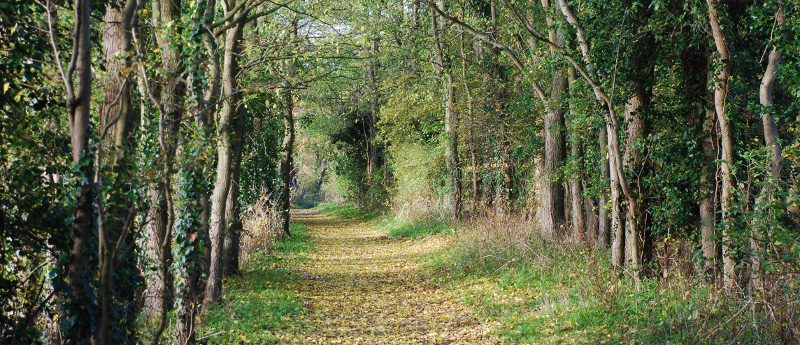Birds and Birdwatching
Worksheet
Birdspotting (.pdf)
Collecting birds’ eggs
A couple of the people who were interviewed talked about collecting eggs as children from the common and near the pits.
Collecting eggs has been illegal since 1954 -if you are found in the possession of wild birds’ eggs you can be fined up to £5000 and/or be sentenced to 6 months in prison.
The law came to pass as taking eggs, particularly from endangered species, leads to decline in the bird population. It has contributed to the extinction of certain species. The Red Kite, for example, whose population is now increasing in the UK, was under serious threat due to the popularity of its eggs with collectors in the early 20th century.
In the past the impact of human behaviour on the natural world was not fully understood, and things like egg collecting were seen as harmless hobbies. Now the law recognizes these risks, and protects all birds - even the disturbance of their nests is illegal.
Useful links
This RSPB guide helps you to work out which bird you’ve seen: http://www.rspb.org.uk/discoverandenjoynature/discoverandlearn/birdidentifier/
Or you could maybe look through this photographic gallery of common British birds: http://www.digitalwildlife.co.uk/gardenbirds/
If you find a nest, this guide will help you to work out which species it belongs to: http://www.discoverwildlife.com/wildlife-gardens/how-identify-garden-bird-nests
This website can help you to identify eggs and shells, if you find them on the ground: http://www.britishbirdlovers.co.uk/galleries/british-birds-eggs
If you hear a bird, but can’t see it, then try this site to identify it by its call: http://www.bbc.co.uk/learningzone/clips/how-to-identify-birds-from-their-songs/3012.html


